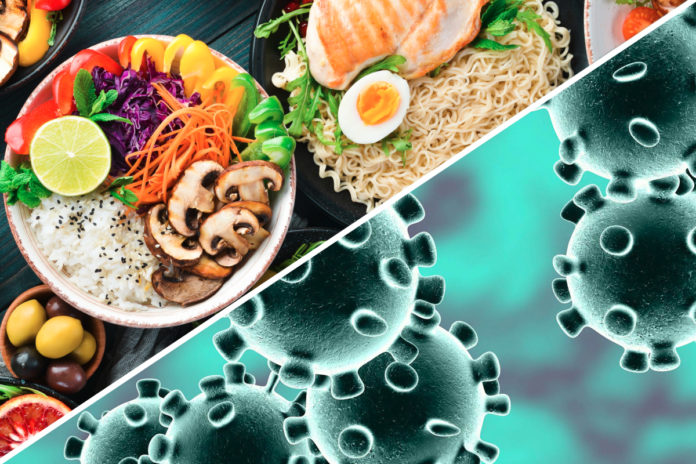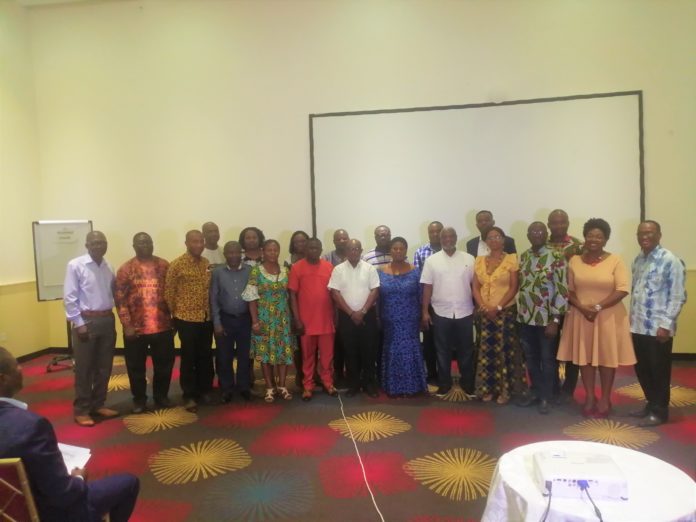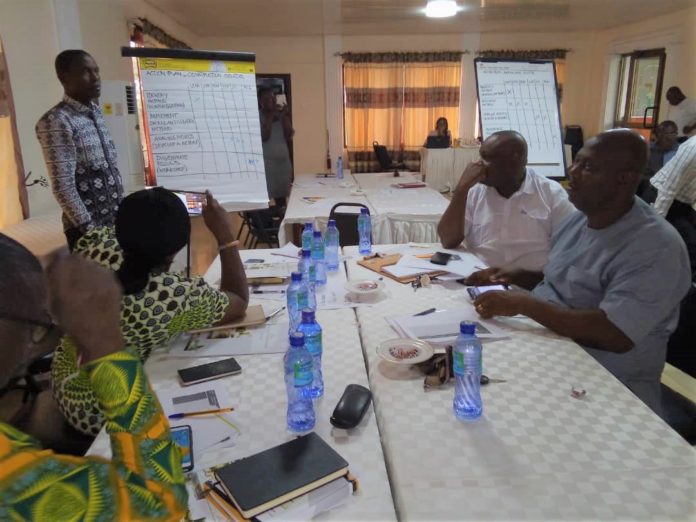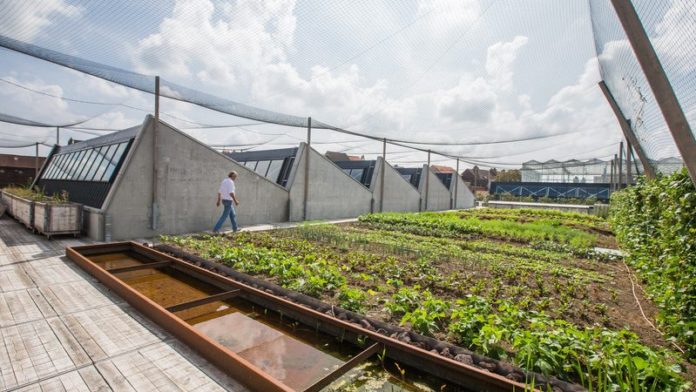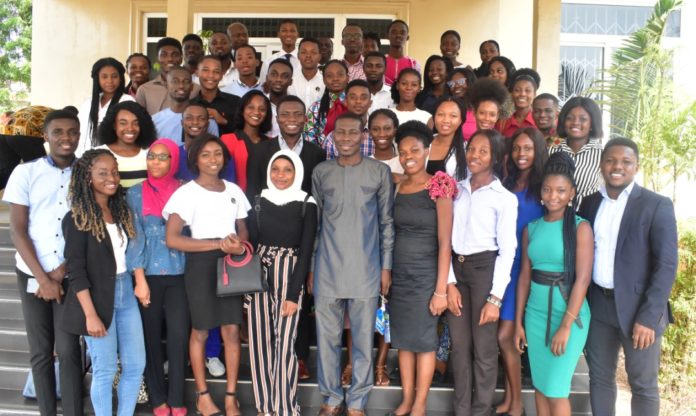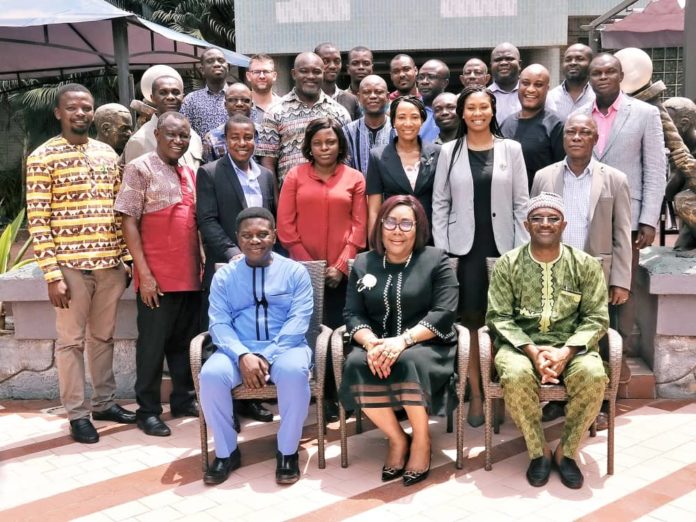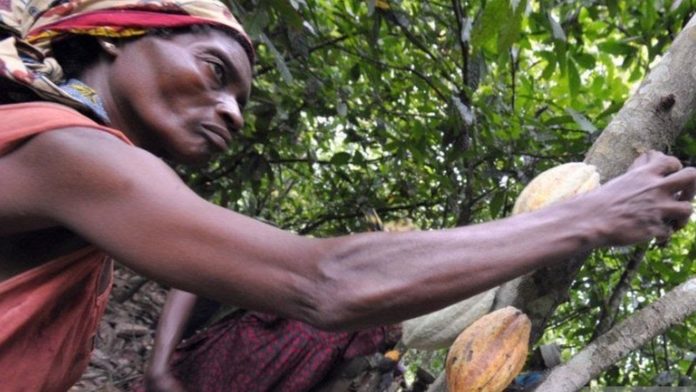The farmers at Kintampo in the Bono East have advocated for an increase in investment in Ghana’s Agriculture sector as the Coronavirus pandemic cases increase and countries in their quest to contain this epidemic are going into total lockdown.
Food Safety Task Force Inaugurated.
The inkling that food safety is only observed at the production level is an illusion. Food safety is ensured when the food gets to the final consumer, passing through the food value chain safely. To put stringent measures to ensure food safety, HortFresh in consultation with the public and private actors in the food and safety certification sector have an Inaugurated Food safety Task Force in Accra.
Agribusiness Sector Players don’t share ideas nor data- CEO of Ghana Chamber of Agribusiness.
The Chief Executive Officer of the Ghana Chamber of Agribusiness, Mr. Anthony S.K. Morrison said if Ghana wants to achieve the Sustainable Development Goal 2 then players in the sector must start sharing ideas or data amid themselves.
“GMO foods are safe for Humans and Environment” – Research Scientist.
Dr. Daniel Osei Ofosu, a Research Scientist at the Ghana Atomic Energy Commission has reiterated the safety of Genetically Modified Foods for humans and the environment which will address food insecurity.
Ghana’s Skills Gap complains is been addressed.- Skill-Up Ghana.
The National Project Coordinator for Skill-Up Ghana Mr. Frank Kwasi Adetor has reinforced reports that industry is complaining about the kind of students being churned out by the country’s tertiary institutions into the job market.
Sustainable rooftop-fish-farming conquers Brussels city heights.
BIGH’s biggest prowess lies in the fact that they are raising fish in the middle of the city and using their excrements to nurture the plants. EPA-EFE/STEPHANIE LECOCQ
Nominations open for recruitment of new Kufuor Scholars.
The John A. Kufuor Foundation has opened nominations for the recruitment of new Kufuor Scholars.
Science consciousness is the key in our Agriculture sector- Former Deputy Agric Minister.
A former Deputy Agriculture Minister Dr. Ahmed Alhassan Yakubu is asking Ghanaians to embrace the passage of the Plant Breeders’ Bill to help make the country more competitive in the seed industry.
Female cocoa farmers paid as little as 23p a day.
The average female cocoa farmer is paid as little as 23p a day, highlighting a gender pay gap in the global chocolate industry, according to Fairtrade.
Brazil Agrishow 2020 Stakeholders’ Meeting held in Accra.
The Brazil Agrishow 2020 stakeholders’ meeting has been held at the Brazilian Embassy in Accra. The stakeholders’ meeting was under the theme: “Doing business with Brazil agriculture”. The Agrishow is the 3rd largest Agric show in the world.

